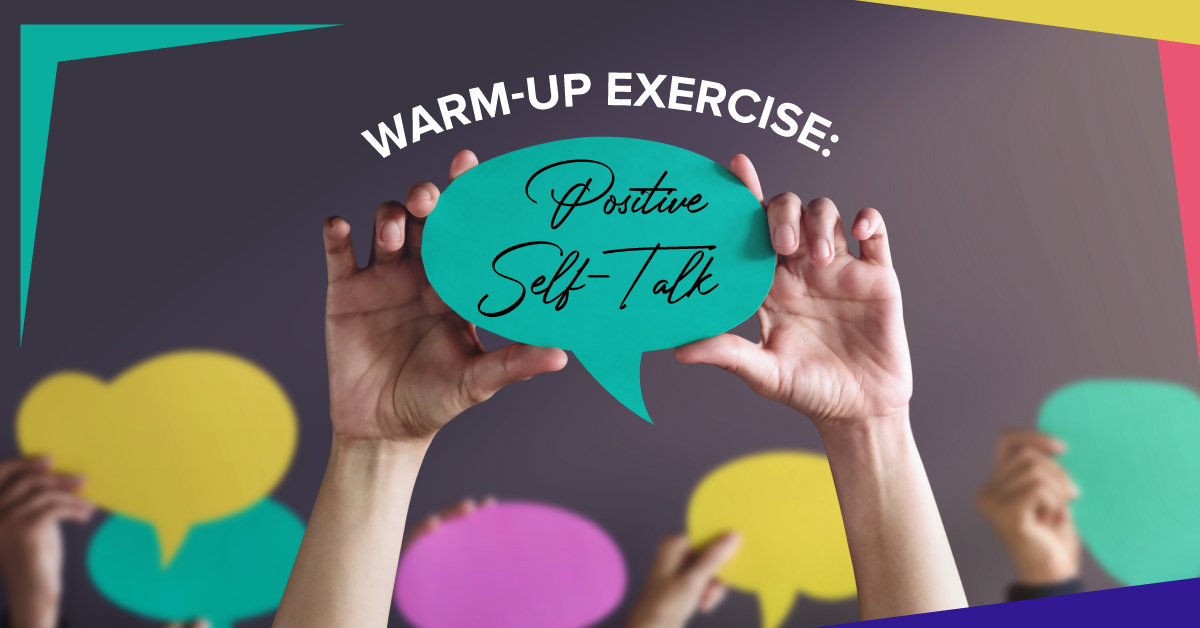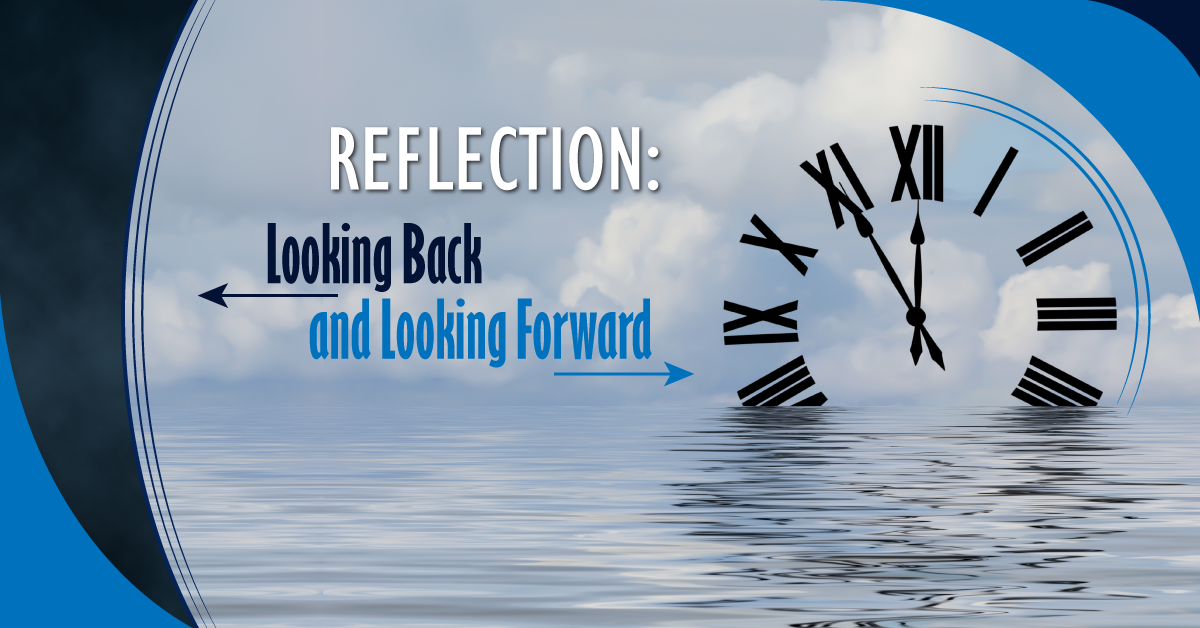Warm-Up Exercise: Positive Self-Talk
It’s easy for students to downplay their accomplishments, brush off compliments, and outright tear themselves down mentally or verbally. Negative self-talk can seriously affect students’ confidence and self-esteem. However, in drama class, we can work on this with our students.
Below, you will find a variety of warm-up questions to give to your class to help them think and speak more positively about themselves. Have students choose one of the questions below and respond to it. If they are feeling bad about themselves for any reason, have them choose two or more and respond to them.
- Choose three positive words or phrases to describe yourself. Why did you choose them?
- What are three things that you like about yourself?
- What's something you did recently that made you feel proud of yourself?
- Describe something kind you did for someone recently. How did that person react? How did it make you feel?
- Think about a compliment, kind word, or uplifting comment you gave to someone recently. Apply it to yourself.
If you wish, you can follow up with:
- Do you feel any resistance to thinking or saying kind words to/about yourself? If so, why?
- Are any negative statements you’re telling yourself true or untrue? How can you determine this?
If you think your students are up for a challenge, try this warm-up exercise. Have students write down three negative things they’ve said about themselves in the past, leaving a space in between each sentence. Then, have them cross out the negative thought and replace it with a positive one. It can be a full replacement of the sentence, for example, changing “I can’t do xyz” to “I’m great at abc and I’m proud of how hard I worked to achieve it.” Or, it could be as simple as changing “I can’t do xyz” to “Yes I can” or adding the word “yet,” i.e., “I can’t do xyz yet, but I will keep working at it.”
If your students are really struggling with coming up with positive things to say about themselves, have them try the following roleplay mini-exercise. It can also be used as an additional standalone warm-up exercise. Have students pair up. One student will say something kind, positive, or uplifting about their partner, and their partner will say thank you and agree with them. For example, Partner A might say, “(Partner B), you work really hard in drama class and you’re a great actor.” Partner B would respond with, “Thank you, I do work really hard and I think I’m a great actor as well.” Partner B will then give Partner A a compliment and Partner A will respond in kind. Again, check in with your students to see if they’re feeling any resistance towards speaking positively to themselves.
At the end of class, have students respond to the questions in the reflection below.
You can revisit these warm-ups anytime your students need a pick-me-up, or sprinkle them throughout your usual activities during the term to improve their confidence. You may wish to track when you incorporate these warm-ups into your lessons to see how they affect students’ performances (hopefully they’re improved!).



